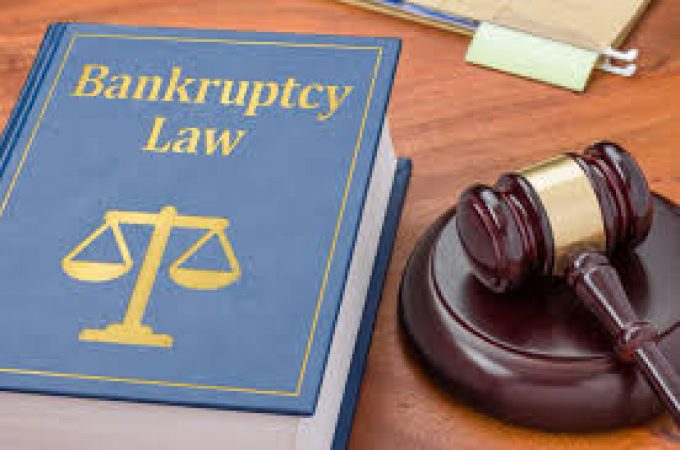When bills pile up and you can’t find a means to pay them off anytime soon, filing bankruptcy is one of the plausible solutions to consider. It may not help you get rid of your entire debt, but it will teach you a thing or two about financial management, whilst granting a fresh start. You gain protection from bothersome debt collectors, and the possibility of a debt-free future is definitely worth some unfavorable consequences. There are several types of bankruptcies, categorized by chapters; your debt and income determine which chapter of bankruptcy suits you.
Bear in mind that bankruptcy is available to those who are genuinely struggling with money problems and aim to relieve their financial burdens. Unfortunately, some people use bankruptcy for the wrong reasons, such as attaining discharge for huge amounts of unsecured debt despite having sufficient funds; concealing personal assets to obtain bankruptcy benefits is a heinous crime. You have to abide by certain rules and standards to qualify for bankruptcy and make it work.
New Jersey Bankruptcy Lawyer talks about 5 things you should never do before filing for bankruptcy:
1. Maxing out Credit Cards
Bankruptcy can provide quick relief from unsecured debt, such as credit card, medical, and utility bills. Some people think that they can get away with credit card fraud by filing bankruptcy, as it is supposed to discharge unlimited amounts of unsecured debt. They perceive this information as a free pass to purchase unnecessary or frivolous items they wouldn’t afford otherwise. You need to understand that law enforcement will examine your credit history and lenders are likely to sue you for your deceitful conduct. At the end of the day, you will be held accountable for your actions and face the consequences.
2. Transferring Property to Family/Friends
Some people transfer property to family and friends before filing bankruptcy because they think it will prevent liquidation of their estate. However, you cannot secure assets by modifying titles or gifting them to others. Bankruptcy court will look into your financial history and investigate your recent transactions. Transfer of property shortly before filing bankruptcy would be identified as a scam, even if your intentions were good. You may receive charges for deception and be penalized accordingly. Note to self that possession of valuable assets does not render you ineligible for bankruptcy. You can always sign up for a reorganizational bankruptcy that lets you keep your assets and pay off debt through a convenient repayment plan.
3. Paying off selective Creditors with IRA funds
Raiding your 401(k) or IRA retirement funds to pay off some creditors before filing for bankruptcy is a bad move. First of all, paying off selective debts (but not others) and prioritizing certain creditors is prohibited by the bankruptcy court. Bankruptcy law does not allow any favoritism, i.e. all debt collectors are to be compensated on the principles of equality. Moreover, your retirement savings are exempt from seizure by creditors, with and without bankruptcy. To be precise, emptying your IRA accounts is not a good idea.
4. Running large transactions on a personal bank account
Only deposit regular income into your personal bank account, such as a monthly paycheck or recurring wages. Any additional cash or check received as a gift from family/friends, profit from an investment, or money earned through alternative means must be kept separately. Hefty transactions in your bank account can raise suspicions and disqualify you from bankruptcy.
5. Applying for a new Loan or Credit
Taking on additional debt is exceptionally reckless, particularly if you utilize a home equity line of credit. The right thing to do is put all debt on hold once you’ve decided to file for bankruptcy. Applying for new loan or credit right before bankruptcy will make you look like a swindler.


